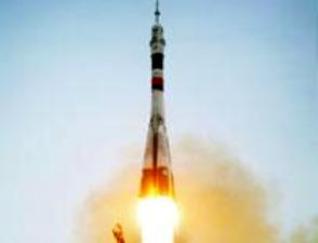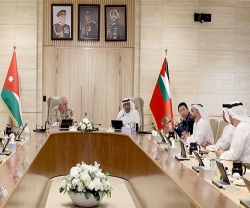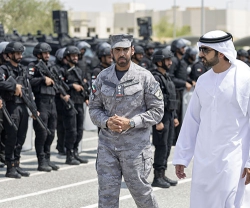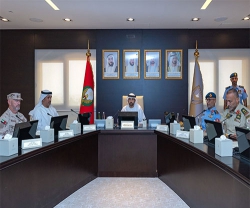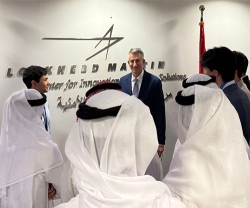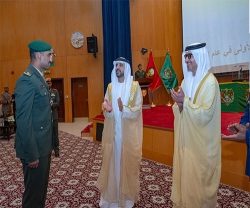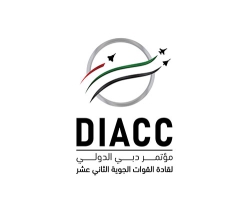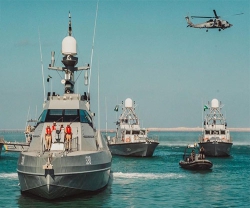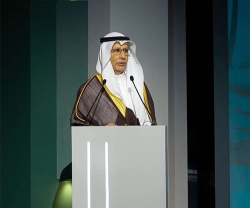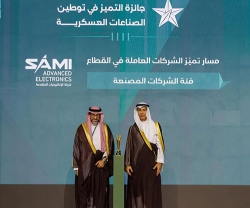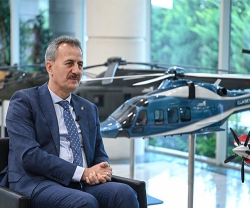The countdown has begun for the launch of the UAE’s first Earth observation satellite, which will see the country take a giant leap into the world of space technology.
Next Saturday will herald the start of a new chapter in the UAE’s scientific development as the dhs200million DubaiSat-1 is fired into the ether to begin a data-gathering mission and become the country’s first remote sensing platform.
A team of 14 engineers from the UAE has been based in South Korea for two years to work on the Emirates Institution for Advanced Science and Technology (EIAST) project.EIAST director general Ahmed Al Mansoori said: “The development of a satellite is a very complicated process and we are proud to say that what we have achieved so far can be attributed to the hard work and dedication of our national engineers and scientists.”
A military base in Baikonur, Kazakhstan, will be the scene of the historic event as the satellite is sent into orbit aboard a Russian intercontinental ballistic missile. In May, the Baikonur Cosmodrome also witnessed the launch of the Soyuz TMA-15 rocket (pictured), which carried its crew to the International Space Station.
Although the launch of DubaiSat-1 is a pivotal step in the development of the country’s space technology, the purpose of the satellite is much more practical. DubaiSat-1 will be used to collect scientific data and also to monitor the effects of waste management on the environment.
It will also help with town planning, urban development and infrastructure to help the UAE and other Middle Eastern countries to cope with growing populations.
The satellite will even play a part in assessing the risks of natural disasters and will provide information that will help the government adapt emergency plans - and all by beaming home images from 700km above the earth.
The 200kg satellite has a five-year lifespan but its mission is just one part of a 15-year programme that EIAST hopes will see two more satellites sent into space.
Blueprints for the second satellite are being produced by the Emirati engineers, who picked up the skills and knowledge necessary from experts in East Asia during the first project and promise to be even more advanced.
EIAST project manager Salem Al Marri said: “The second satellite is currently in the early planning stage, but we already know that there will be improvements in the quality of the data and images it delivers as a result of what our engineers have learned.”
South Korea provided the manufacturing facilities for DubaiSat-1 but EIAST says the emirate will have its own purpose-built base for the development and construction of future projects. A plan is planned in Al Khawaneej and is expected to be ready by 2012.
The DubaiSat projects are among more than 20 emerging national space projects in the Middle East and Africa participating in the Global Space Technology Forum in Abu Dhabi later this year.
Projects such as DubaiSat-1 are proving the region is making real inroads into the space technology industry.
The December event will draw senior representatives from space agencies and national space programmes, government officials and policy makers, as well as entrepreneurs, investors, engineers, scientists, and airline and aerospace senior management.
Frank Niehaus is the chief executive of satellite engineering firm LSE Space Middle East. He says population increase is making the information gathered during orbit vital.
“This region needs more access to space to accommodate the increasing demand of the local population for modern communication means and earth observation systems,” he said.
“Space technology is a lighthouse technology for every country, as it helps to develop leading-edge technologies and advanced engineering know-how.”
DubaiSat-1 will blast off on July 25, weather permitting.
The first images will be processed by ground control by the autumn.

